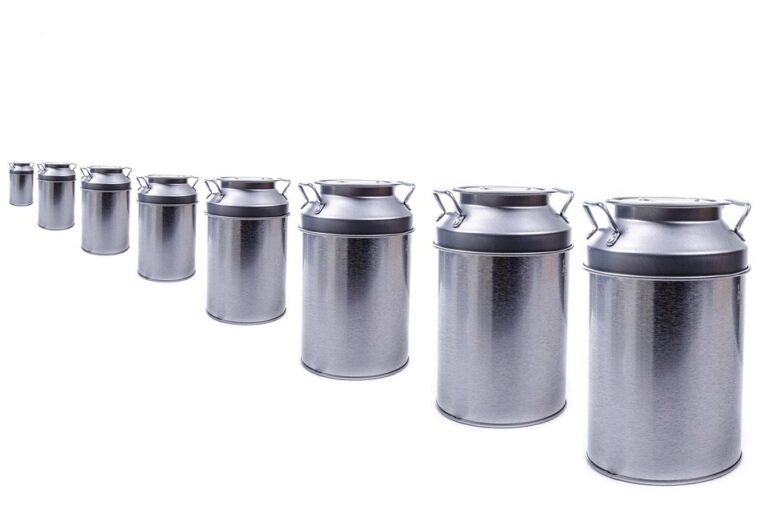
Understanding Vitamin K: Common Types, Uses, and Choosing the Right Supplement for You
Vitamin K often lingers in the shadows, overshadowed by the more flamboyant vitamins that dominate the health conversation. Yet, its role in our wellbeing is nothing short of vital. With two main forms—K1 and K2—understanding their differences and implications for health can empower you to make informed choices about supplementation.
1. The Types of Vitamin K
Vitamin K1 (Phylloquinone)
Primarily found in green leafy vegetables, such as kale, spinach, and broccoli, Vitamin K1 plays a crucial role in blood clotting. It is the predominant form of Vitamin K in the diet, but its absorption can be influenced by dietary fat, as it is a fat-soluble vitamin. Interestingly, the body converts K1 to K2, albeit inefficiently, which leads us to the next type.
Vitamin K2 (Menaquinone)
K2 is less well-known but perhaps more fascinating. Found in fermented foods and animal products like cheese, egg yolks, and even natto (a Japanese fermented soy dish), K2 is believed to be more bioavailable than K1. It’s touted for its role in bone health and cardiovascular wellness, promoting calcium regulation in the body. Some studies have linked adequate K2 intake to reduced risks of osteoporosis and arterial calcification. Intriguingly, how much K2 do we truly need? Research suggests that the average Western diet may be lacking in this essential nutrient.
2. Health Benefits and Uses
The benefits of Vitamin K are diverse, extending far beyond mere blood clotting.
-
Bone Health: Numerous studies indicate that Vitamin K2 is instrumental in bone mineralisation. It activates proteins that bind calcium to the bone matrix. For those concerned about osteoporosis, ensuring adequate K2 intake could be a game-changer.
-
Heart Health: Emerging research hints that K2 may help prevent arterial calcification. The mechanism here appears to involve the activation of matrix Gla-protein (MGP), which inhibits vascular calcification. As heart disease remains a leading cause of death, this could be a crucial aspect of preventative health.
-
Cancer Prevention: Some preliminary studies suggest a potential link between Vitamin K and reduced cancer risk, particularly in liver and prostate cancers. However, more research is needed to solidify these claims.
3. Choosing the Right Supplement
With an array of Vitamin K supplements flooding the market, how does one decide?
-
Form: Consider whether you need K1 or K2. If blood clotting is your primary concern, K1 may suffice. For bone and cardiovascular health, K2 is likely a better choice.
-
Source: Look for high-quality, natural sources. Supplements derived from fermented foods or whole food sources might offer better bioavailability.
-
Dosage: Many health organisations recommend a daily intake of around 90-120 micrograms for adults, but individual needs may vary based on diet and health conditions. Consulting a healthcare professional is advisable before starting any supplement regime.
-
Interactions: If you’re on anticoagulants like warfarin, be cautious. Vitamin K can interfere with these medications, necessitating careful monitoring.
A Final Thought
Vitamin K may not boast the limelight like Vitamin C or D, yet its contributions to our health are profound and multifaceted. Whether you’re aiming to bolster your bone density or support cardiovascular function, understanding the nuances between K1 and K2 can guide you in making the right choices. As we continue to explore the intricate tapestry of nutrition, one thing remains clear: the right supplementation can unlock pathways to enhanced health.
BargainsTrust is committed to bringing you a curated selection of valuable information and products, ensuring you make well-informed choices for your health and wellbeing.







